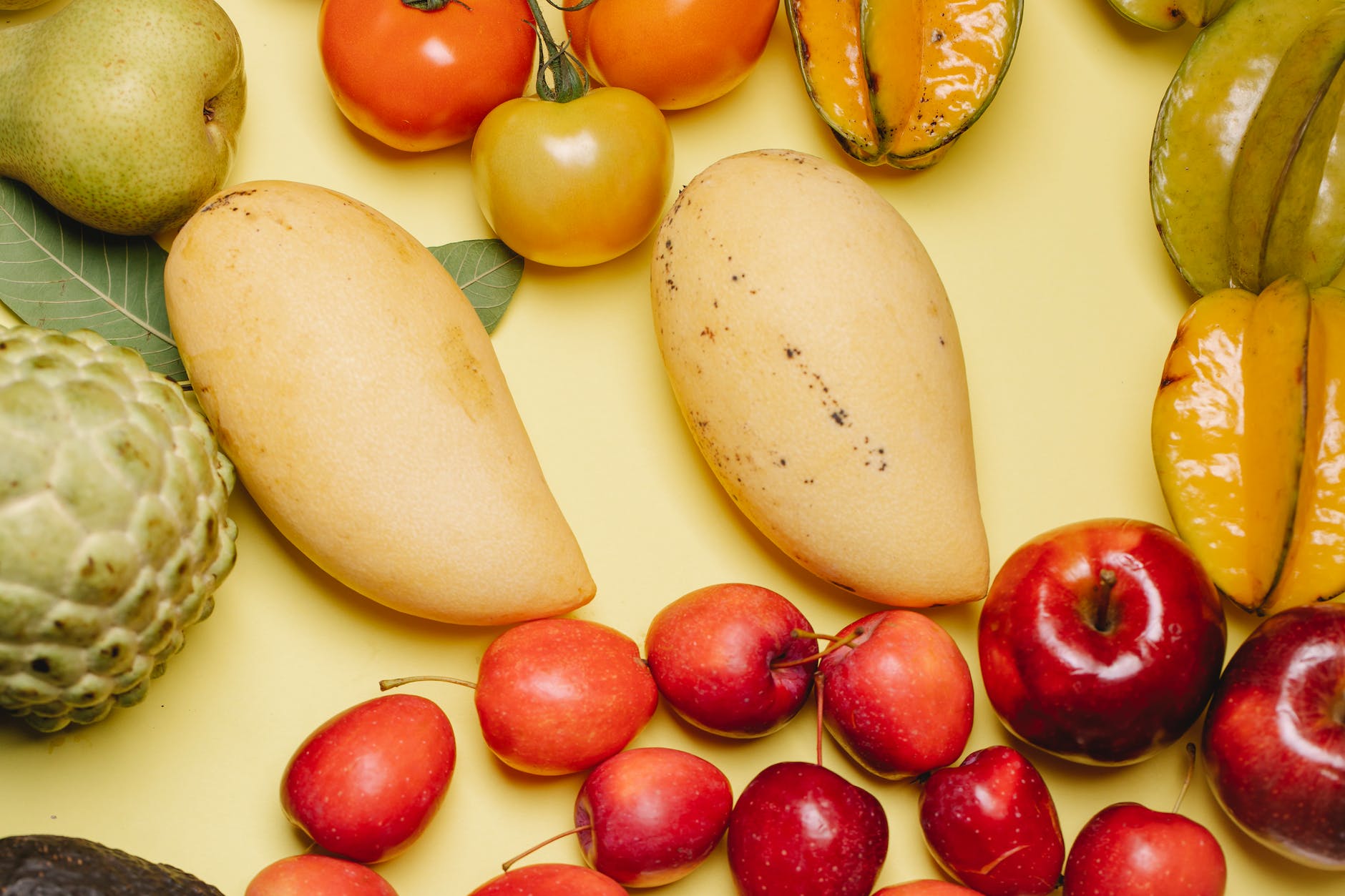
Greetings, dear readers! 👋😮🍎🥦🍳🥑
Whether you’re embarking on a weight loss journey, or simply invested in maintaining a healthy lifestyle, understanding the role of nutrition is key. 💪👊 In today’s comprehensive guide, we delve into the wonderful world of food and how it plays a critical part in weight loss and overall wellbeing. 🍽️🍲
Our bodies are intricate, beautifully designed systems where weight management is influenced by a variety of factors. These include our unique genetic makeup, levels of physical activity, quality of sleep, stress levels, and, unquestionably, our dietary choices. 🧬🏋️♀️💤🥗 However, one question frequently arises: Can consuming (or avoiding) specific foods genuinely aid us in shedding pounds? Grab your notebooks, health enthusiasts, and let’s embark on this nutritional adventure together! 👀🔍
Fruits and Weight Loss 🍇🍈🍉
In the realm of weight loss, fruits could be deemed as magical allies! Most fruits, such as apples, bananas, papayas, and plums, are packed with fiber, an essential nutrient known to promote feelings of fullness and satiety. This, combined with their relatively low-calorie content, makes them an excellent choice for weight management. Plus, they’re rich in a myriad of vitamins, antioxidants, and minerals that contribute to overall health. However, remember that fruits also contain natural sugars, so they should be consumed in moderation as part of a balanced diet. 🗝️🔑
Vegetables and Weight Loss 🥦🥬🥕
The benefits of consuming vegetables are numerous. These nutrient powerhouses, particularly leafy greens and cruciferous vegetables, are low in calories and high in fiber, making them an ideal choice for weight loss. Regularly eating a rainbow of vegetables not only nourishes your body with essential vitamins, minerals, and antioxidants but can also significantly support your weight loss journey. Moreover, the variety of flavors, textures, and colors that vegetables bring to your plate can make healthy eating a delightful experience. 🥗🥦
Nuts and Seeds for Weight Loss 🥜🌰
Despite their small size, nuts such as almonds, walnuts, and seeds like sunflower and flax seeds, are dense sources of protein and healthy fats. These nutrients can help keep hunger at bay, prevent overeating, and provide sustained energy. They also pack a wide range of nutrients like fiber, vitamin E, magnesium, and omega-3 fatty acids. However, given their high-calorie content, portion control is key when including them in your weight loss plan. 🙌🍽️
Beans, Legumes, and Weight Loss 🌱🍲
Beans and legumes, including lentils, chickpeas, and peas, are often underrated in the context of weight loss. These are rich in protein and fiber, two nutrients known to foster feelings of fullness and control appetite. Additionally, they’re packed with essential nutrients like B vitamins, iron, magnesium, potassium, and antioxidants. Incorporating a variety of these in your diet could potentially enhance your weight loss progress and support overall health.
Whole Grains for Weight Loss 🍞🌾
Whole grains such as oats, brown rice, and whole wheat are rich in fiber, an essential nutrient for healthy digestion and sustained fullness. They also provide important B vitamins, iron, magnesium, selenium, and antioxidants. Consuming whole grains rather than refined grains can keep you feeling full for longer periods, regulate blood sugar levels, and prevent overeating, all of which are beneficial for weight management.
Fish, Lean Meats, and Weight Loss 🍗🍣
Protein-rich foods, like fish, lean meats, and poultry, can significantly increase feelings of fullness, reduce hunger, and boost your metabolic rate. This can aid in weight loss by reducing overall calorie intake and enhancing calorie burning. However, they should be consumed as part of a balanced diet abundant in fruits, vegetables, and whole grains. Plus, the omega-3 fatty acids found in many types of fish can have numerous health benefits, including reducing inflammation and improving heart health.
We’ve just begun to unravel the intricate relationship between food and weight loss. While these food groups can indeed aid weight loss, it’s important to remember that a holistic approach involving balanced nutrition, regular physical activity, adequate sleep, and stress management often yields the best results. Always consult with a healthcare provider before making significant changes to your diet or exercise routine. 👩⚕️👨⚕️
Stay tuned for more detailed posts where we’ll dive deeper into specific foods and their role in weight loss, along with tips on how to incorporate them into your diet. Until then, keep pursuing your health goals, and remember, every small step counts! 😊✨









